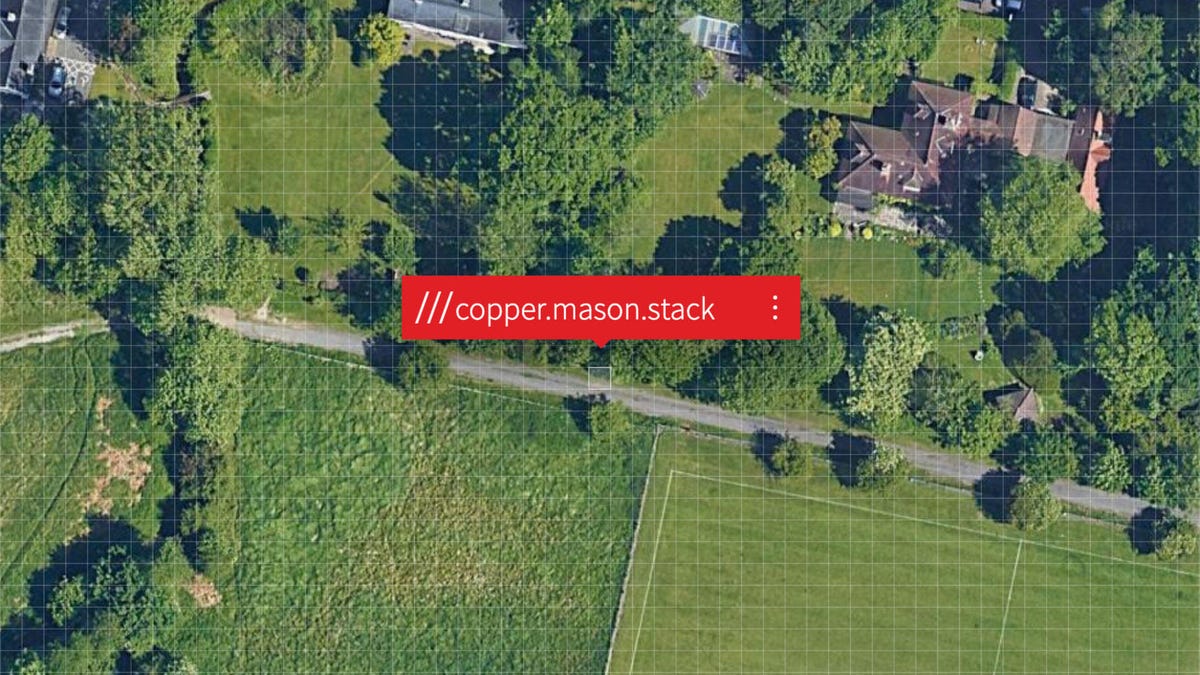UK police use What3words to locate hostage, pinpoint other incidents
A handful of first responders sign up for the three-word location service.

What3words can lead first responders to precise locations with no street addresses, like this footpath in Cambridge, UK.
When you know your address, you can tell first responders where the emergency is. When you don't, at least for a few spots in the UK, you now can use What3words' mapping service.
The service gives each 10x10-foot patch on the planet a three-word address. A sexual assault victim held hostage who didn't know her own location shared one of those addresses with the Humberside police in central UK, enabling them to free her and capture the person holding her, What3words said Thursday.
Along with Humberside, other first responders that've integrated the service into their operations are Avon & Somerset Police, West Yorkshire Police, Cambridgeshire Fire and Rescue, Hertfordshire Fire and Rescue, Bedfordshire Fire and Rescue and the British Transport Police, What3words said. When people phone in emergencies, operators can send them a text message that opens a What3words map page in their browser that shows their three-word location.
It's an interesting idea in the age of digital mapping. Even in areas with good street addresses -- and plenty of the world doesn't have that -- not everything takes place at one of those spots. Latitude-longitude coordinates have reliably described locations for centuries, but it's easier to speak, remember and understand three words, the company argues.
Other examples of the service came from the Avon & Somerset police, who used it to respond to a woman run off the road in a rural area and to a dispatch officers to a child lost on a riverside path. And a West Yorkshire police dispatcher was able to figure out the site of a collision by texting the What3words link to the caller who reported it.
What3words' app and website are free to use, but the company is trying to profit by building the service into cars. Drivers of some newer Mercedes vehicles issue spoken navigation commands using What3words, for example. What3words also is built into postal service operations in Mongolia and several island nations.
What3words isn't built into high-profile mapping apps like Google Maps and Apple Maps, and indeed Google Maps has its own rival service called plus codes. What3words' technology works even when a phone is offline, but if you don't have its app installed, you'll need a working network connection to use its website.

